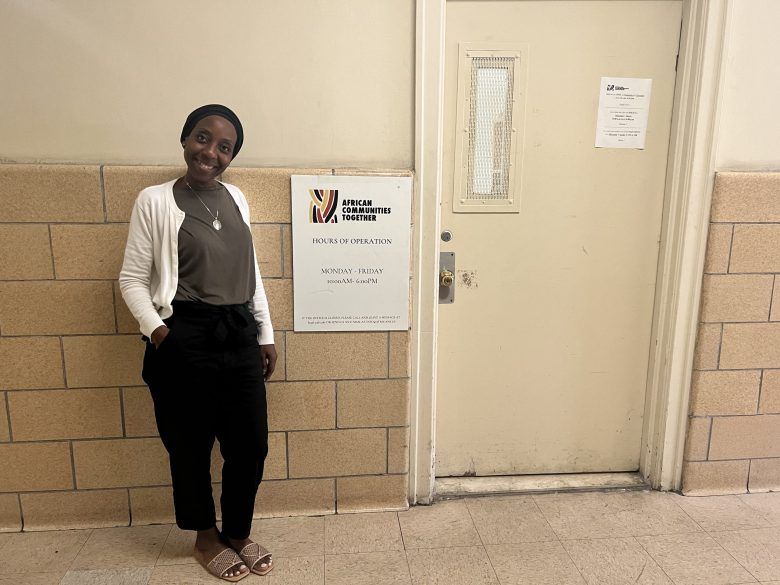Congressmember Bowman Reintroduces Bill to Ban Legacy Admissions in Colleges

Congressmember Jamaal Bowman reintroduced his Fair College Admissions for Students Act, which works to stop prestigious universities and colleges nationwide from giving children of alumni preferential treatment in reaction to the U.S. Supreme Court’s recent decision overturning affirmative action in schools.
Bowman argued that legacy admissions overwhelmingly benefit well-connected students, who are predominantly white and wealthy, in the same way “race-conscious” admissions benefit students of color, lower-middle class students, and immigrant students.
“All students deserve an equitable chance to be admitted to institutions of higher education, but many are overlooked in the admissions process due to the historically elitist and racist legacy and donor admissions practices at colleges across the country,” said Bowman. “In the wake of the Supreme Court’s shameful decision to end race-conscious admissions policies, we’re about to see colleges across the country get even richer and whiter than they already are.”
The Fair College Act would build on the Higher Education Act of 1965, which bans schools from federal student aid programs if they give special preference to legacies.
James Murphy, the deputy director of higher education policy at Education Reform Now, said in a statement that the organization worked on the legislation with Bowman and Senator Jeff Merkley from Oregon.
“Providing a birthright advantage to applicants lucky enough to be born into wealth and privilege is not just profoundly unfair; it runs contrary to higher education’s mission to serve as an engine for social mobility, by providing an advantage to those who least need one,” said Murphy.
Wil Del Pilar, senior vice president for The Education Trust, said they are committed to creating opportunities in higher education for all students, but especially students of color and students from low-income backgrounds.
“This practice is historically built on systemic racism, whereby the nation’s most prominent institutions worked to diminish Jewish and immigrant enrollment, and over time included more racial minorities and others deemed unworthy of access to higher education,” said Pilar in a statement. “The Fair College Admissions for Students Act addresses these inequities by reversing historical wrongs and we are proud to support it.”
Ariama C. Long is a Report for America corps member and writes about politics for the Amsterdam News. Your donation to match our RFA grant helps keep her writing stories like this one; please consider making a tax-deductible gift of any amount today by visiting https://bit.ly/amnews1.
The post Congressmember Bowman Reintroduces Bill to Ban Legacy Admissions in Colleges appeared first on New York Amsterdam News.














